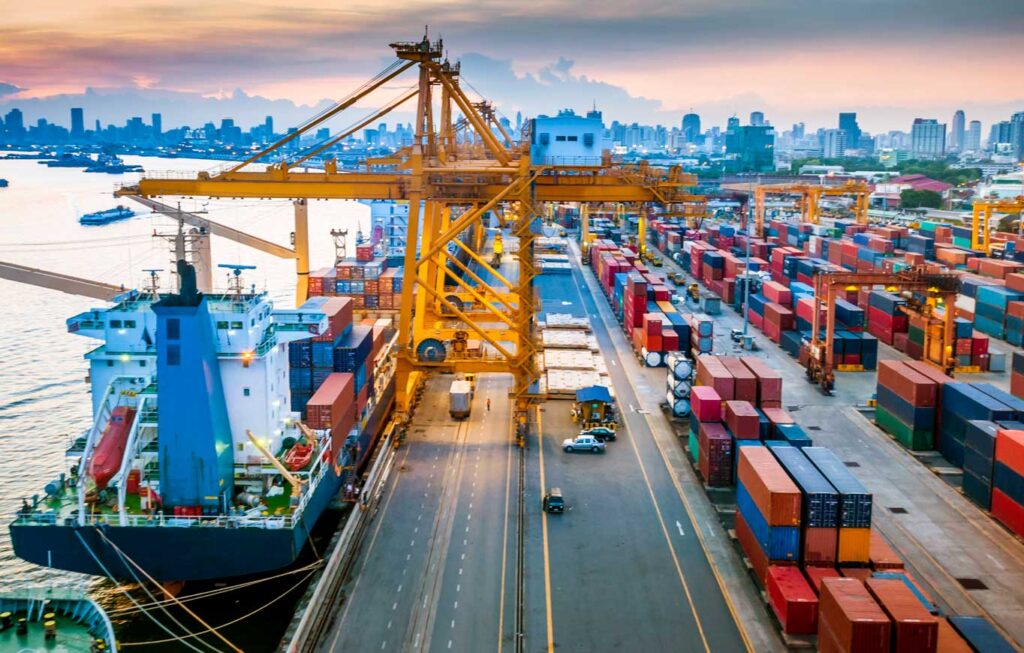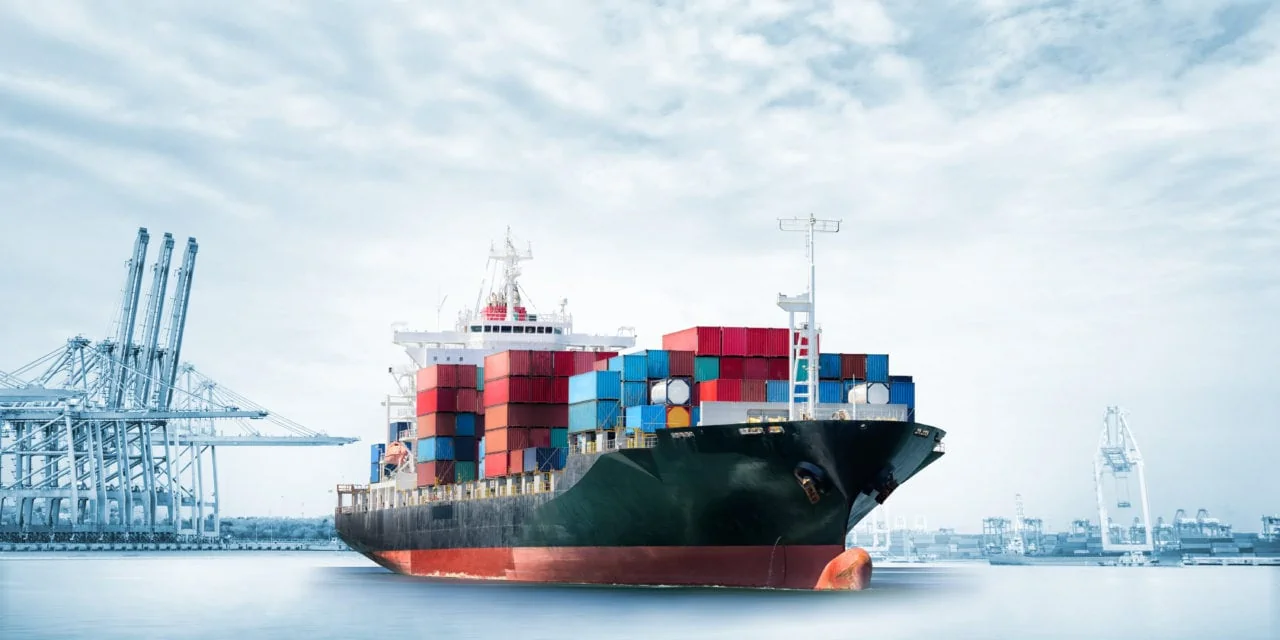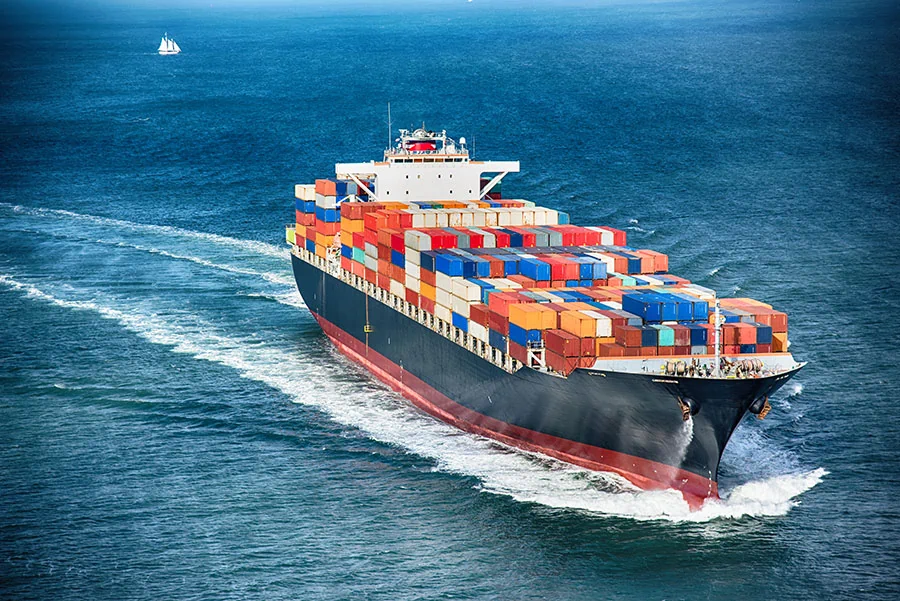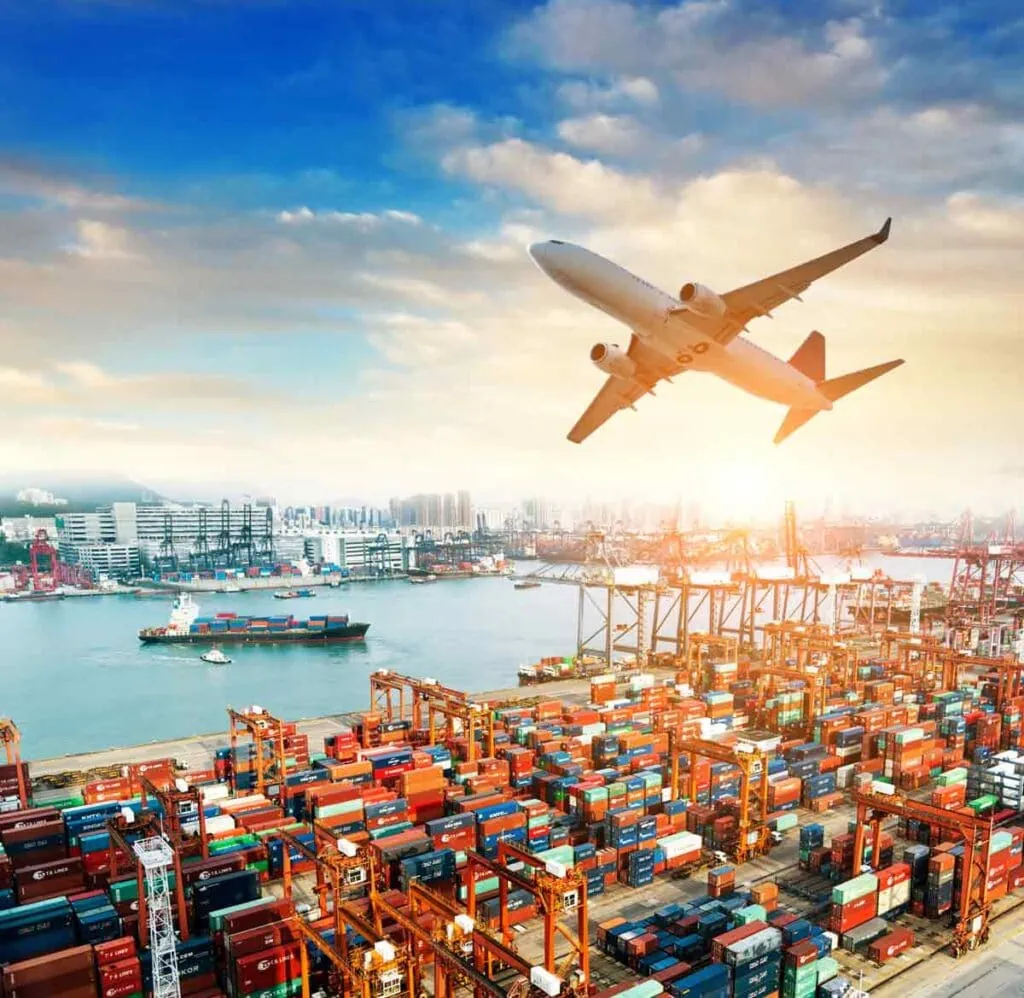Shipping internationally from Europe to Australia during peak season will cause extensive delays this time of year. To protect your supply chain flow and maintain consumer demands, it is essential to have a shipping strategy for your ocean freight this shipping season.
This blog will outline the reasons behind the European Summer delays, how to prepare for the holiday season, and how to avoid delays, disappointments, and meet consumer demand.
What is Shipping Peak Season and when does it take place?
Peak shipping season is when the demand for orders and shipping volume significantly increases, whilst supply lowers, causing greater container shipping rates and tighter capacity. Throughout the peak season, it becomes difficult to secure cargo space on vessels, which often has a flow on effect to your supply chain. However, peak season is an annual occurrence, so carriers and companies can prepare for these situations in advance.
The European peak season generally commences in June and goes through to September. This period is known as the busiest time of the year in the freight supply chain industry, as it affects the industry as a whole.
How do the European Summer Holidays Impact the Freight Industry?
- Increased Freight Rates: Although it’s the beginning of the high purchasing season, freight rates are increasing significantly, as some vessel companies are introducing early peak surcharges.
- Extensive Delays + Overbooked Vessels: Due to peak season, most importers start placing vessel bookings in advance to avoid longer transit time. However, this leads to vessels becoming overcapacity, resulting in some containers missing their scheduled vessels and causing additional delays to the timelines of the shippers.
- Container Shortages: Container shortages are extensive due to the absence of workers at ports across the globe. Vessels and containers are waiting to be unloaded, causing extensive delays in turnaround time.
- Limited Staff: With the onset of the European summer, when employees go on their scheduled holidays, these delays within the industry are likely to intensify.
The Importance of Planning for the Peak Shipping Season:
Limited / No Vessel Space
During peak season, there is little- to no space on the vessels, as they are already pre-booked. This makes it difficult to find space to ship all the containers. So, the chances of your goods making the next vessel is limited.
Schedule Changes
When a port becomes congested, berthing time for particular vessels may be reduced to assist in a quicker turnaround. This could lead to certain containers not making it on board and possibly becoming a short shipment.

Increased Freight Rates
Freight prices are directly impacted by seasonality.
Vessel Changes
The Shipping lines keep changing Vessel names and schedules. This means they are unsure when and which vessel will call to the specific port. This causes a delay in arrival time.
“Cut and Run”
In the past, shipping lines have done a ‘Cut and Run’, as vessels are arriving already fully booked from the North Europe port. This means vessels skip the Italian port and go directly (Via Suez) to Australia.
Trucking Company Delays
There are scheduling problems with the trucking companies, as there are difficulties finding empty containers. Additionally, there are no drivers and not enough trucks to cover all the pick-ups. This then results in missed pick-ups and eventually in short shipments.
Delayed Transhipments
Delays often occur at transhipment ports like Singapore and Malaysia during the peak shipping season.
The Effects on Cargo during Peak Shipping Season:
Port Charges and Increased Freight Rates:
As demand for shipping services rise, so will freight rates and port charges. As a result, General Rate Increase may also occur. This is when there is an adjustment of container shipping rates across all shipping routes.
Significant delays and high volumes of Traffic:
Your cargo will be amongst extremely high volumes of traffic throughout peak season. Therefore, is it essential to secure your shipping space on the vessel as early as possible. Otherwise, you will find yourself fighting for space on a vessel along with many others. Additionally, you may be faced with delays with deliveries and supplies and difficulty with extra storage fees.
Significant Risk of Theft:
During peak season, cargo is at higher risk of theft than other times of the year. Organised theft groups target shipments that are unattended for extended periods. Therefore, it is crucial to have Marine Insurance in case of any theft or damage.
Recommendations for Peak Shipping Season:
1. Priorities your Cargo:
If you have specific goods that must arrive on time, you should prioritise these and ship them first, as shipments may become delayed during peak season. When vessels reach capacity, containers can get “rolled”, which is when your cargo gets moved to the next vessel because of overdemand. This is out of the freight forwarder’s control and can occur at random, especially during peak seasons.
2. Book in Advance:
Vessel capacity is tight during the peak shipping season, so booking in advance is a safe way to secure your space. It would be optimal if you organise your bookings a few months prior with your freight forwarder to minimise the chance of delays during peak season.
3. Secure your Cargo with Marine Insurance:
When shipping cargo, there is always the risk of damage theft, and accidental loss. Therefore, it is vital to organise Marine Insurance to protect your goods, particularly during the peak shipping season. Marine Insurance covers the damage, loss, or theft of goods during transit, including any storage points between the origin and destination.












